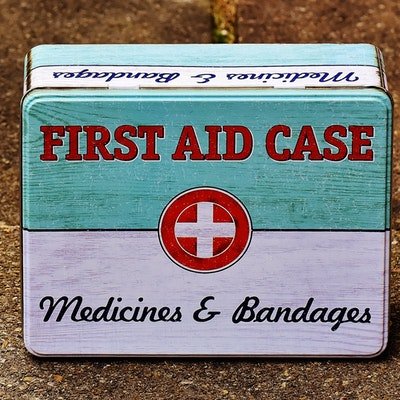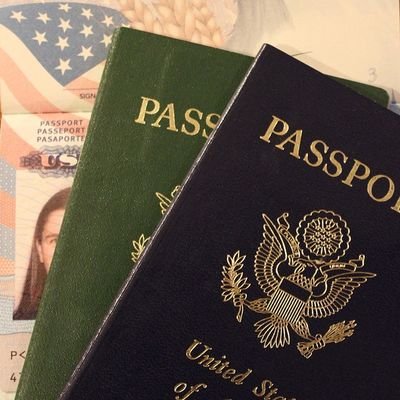Dealing with medical emergencies when travelling is always a worry, but becomes much more of a concern when you are travelling solo. If you are on your own and have an accident, or fall ill, everything becomes even more overwhelming, especially if you are not in a fit state to look after yourself. Here are a few simple tips for how to cope with medical emergencies if you are travelling solo.
Have an emergency contact
It’s important that you plan who to call back home in the case of a medical emergency. Memorise the phone number (including country code) of your next-of- kin, and keep a card in your wallet with their number, clearly stating that they are your emergency contact, just in case you are not conscious.
Contact your embassy
If you don’t have an emergency contact back home or can’t remember their phone number, try contacting the local embassy. The embassy won’t be able to help you out with any costs incurred, but they will be able to help you to get in touch with the right people and help you to hire a translator if necessary.
Have your travel insurance details close to hand
Never, ever travel abroad without adequate travel insurance. Make sure that everything is sorted before you travel and that you carry all necessary information with you at all times, either stored on your phone or in paper form. If you are involved in a medical emergency, you will need instant access to details such as your insurance number and who to contact.
form. If you are involved in a medical emergency, you will need instant access to details such as your insurance number and who to contact.
Pack a first aid kit
Smaller medical emergencies could be helped by having a comprehensive first aid kit in your luggage. Go on a first aid course before your first solo travel trip and learn how to help yourself in situations of minor injuries, where a hospital visit could be avoided.
Know the local situation for dealing with medical emergencies
When you arrive in a new place, always be aware of what to do in a medical emergency. Know the local emergency phone number, learn how to ask for an ambulance in the local language, know where the nearest hospital is located, and have a good idea of your location’s medical capabilities. If you have a pre-existing condition, check before travelling that your destination is equipped to handle emergencies specific to your condition. Be prepared.
Head to the right hospital
If you need immediate medical attention, go straight to the nearest hospital or medical centre. If you don’t feel like you need to rush, speak to your country’s embassy or someone you trust who has local knowledge and make an informed decision about which hospital to visit. Your  best choice, if you have time to make a choice, is to use the medical centre or hospital that the embassy’s staff use themselves.
best choice, if you have time to make a choice, is to use the medical centre or hospital that the embassy’s staff use themselves.
Carry your passport or keep a photo of it on your phone
Hospitals and medical centres may ask to see a copy of your passport. Don’t delay your medical treatment; make sure that you have instant access to what they need.
Emma Lavelle is a UK based writer and photographer and has her own blog Field and Nest.















